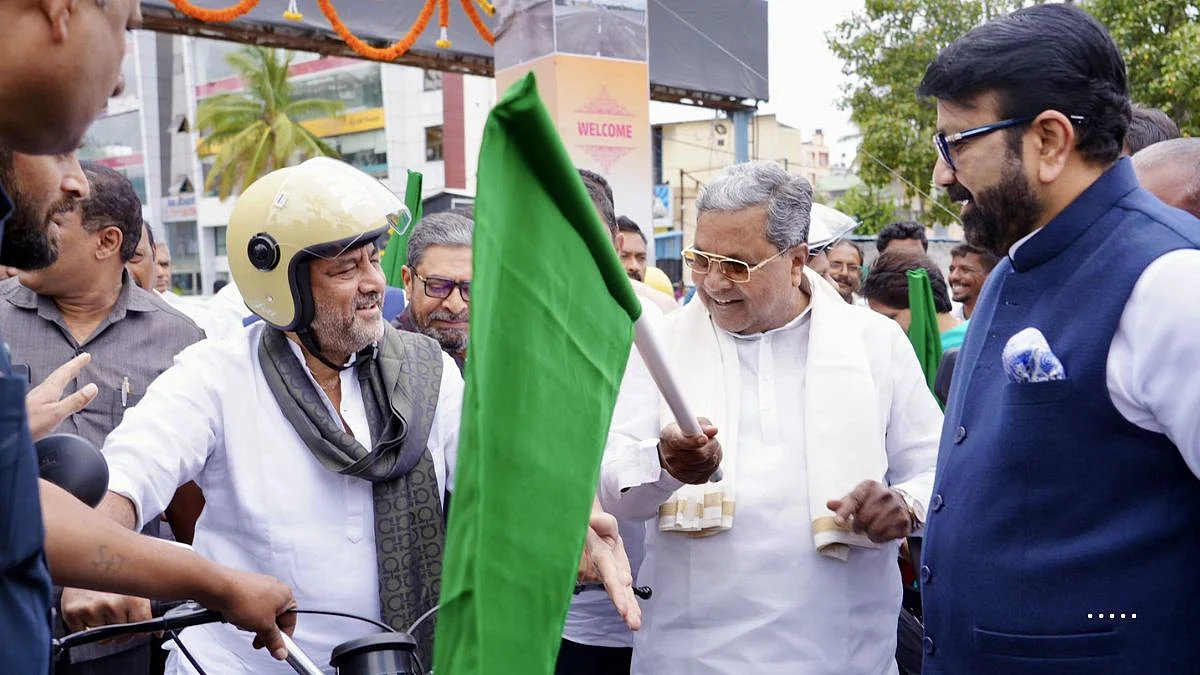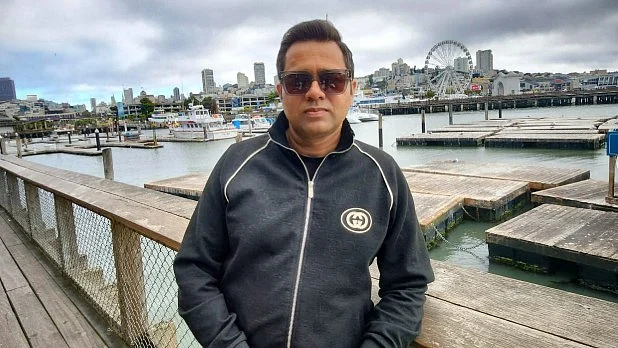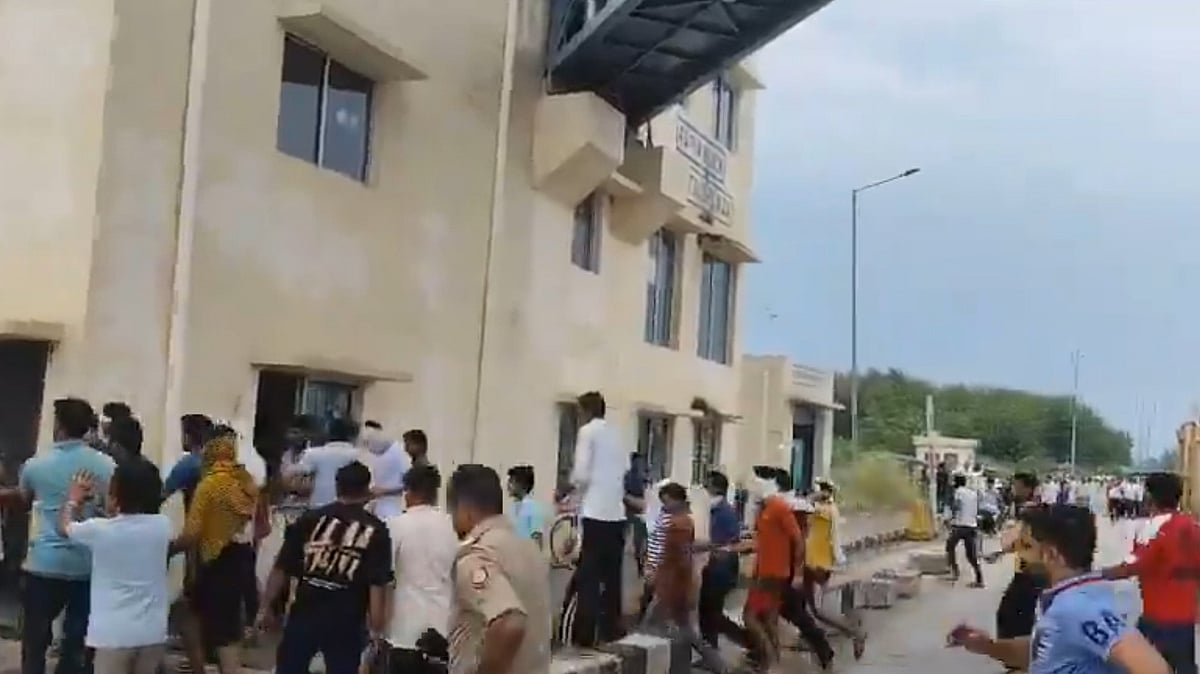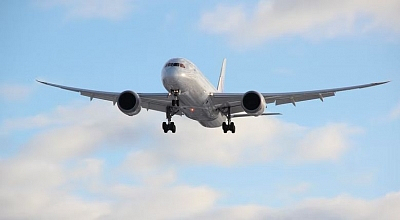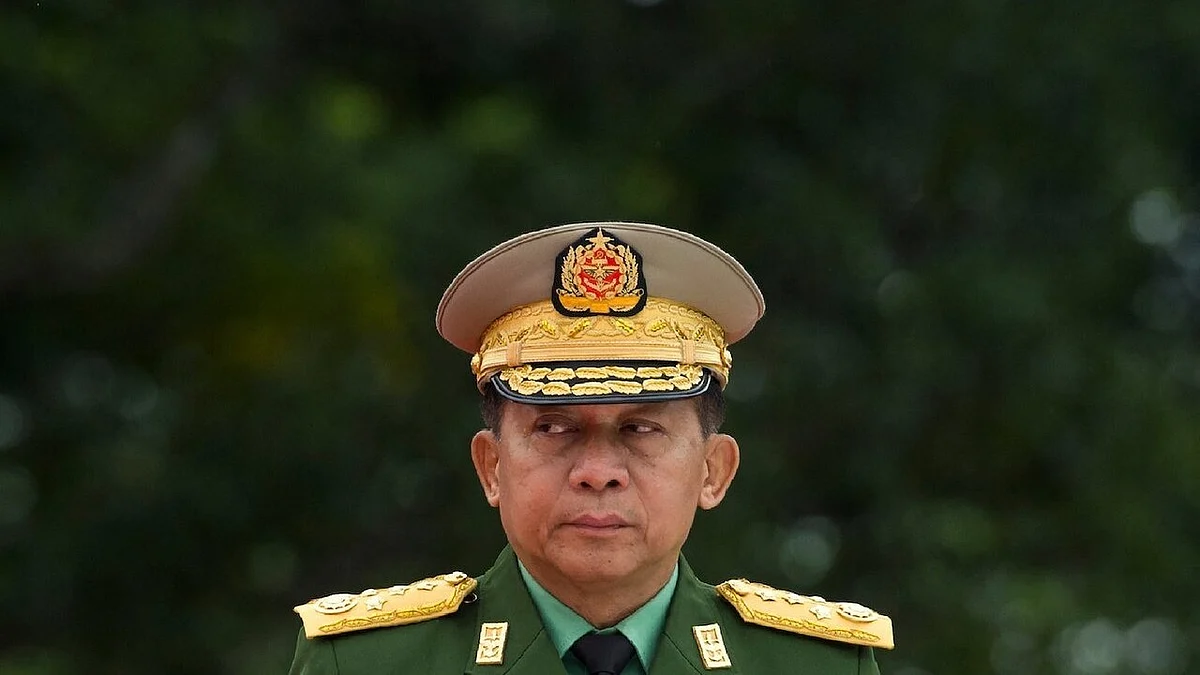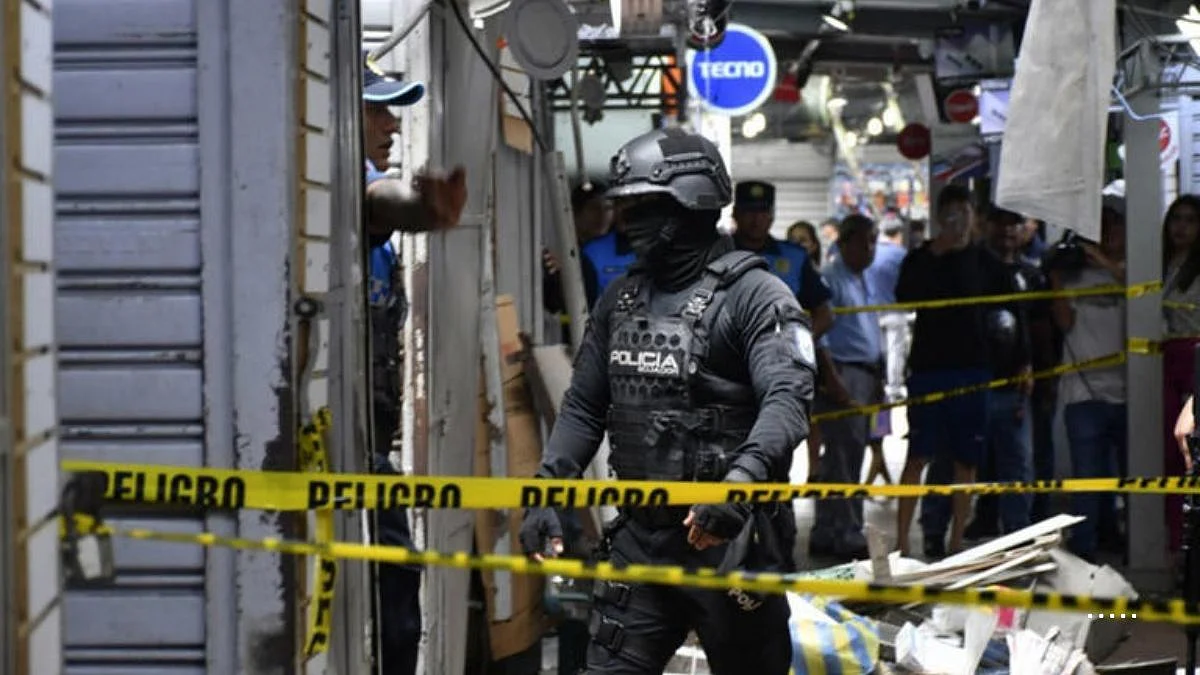Myanmar: Myanmar's military government, on Monday, August 18, announced that the country will hold its first general election since the 2021 coup on December 28.
The announcement comes despite large parts of the nation being under the control of opposition and continued fighting between the ethnic armed groups and the army.
Polls Announced Under Tight Military Grip
The election commission said in a statement that "the first phase of the multi-party democratic general election for each parliament will begin on Sunday, December 28, 2025", with later phases to be confirmed. State media reported that 55 parties have registered, nine of which intend to contest seats nationwide.
The vote comes after repeated delays, as the junta struggled to contain a growing insurgency that has seized control over swathes of territory. Junta leader Min Aung Hlaing has insisted the polls must proceed, warning of severe punishment for anyone attempting to obstruct or criticise them.
The National League for Democracy (NLD), led by imprisoned former leader Aung San Suu Kyi, which won consecutive landslides prior to the coup, has been barred from participating. Critics argue the military is seeking to entrench its power through proxy political parties.
Condemnation From Rights Groups and Opposition
The planned election has been dismissed by much of the international community. Tom Andrews, the United Nations’ special rapporteur on Myanmar, described the move in June as a "mirage of an election exercise" designed to lend the junta a veneer of legitimacy. He urged governments to reject the process, saying the military should not be allowed to "get away with this fraud".
Human Rights Watch told the BBC earlier this year that the junta would be "delusional" to consider any election held under the current conditions as credible. The group said an end to violence, the release of political prisoners, and the participation of all parties must precede any legitimate vote.
Since the coup, thousands have been killed and Myanmar’s economy has collapsed, leaving a humanitarian crisis worsened by a devastating earthquake in March and cuts to international aid.

